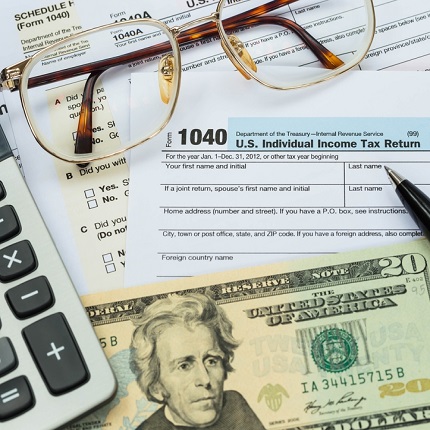3 Common Tax Mistakes Entrepreneurs Make
 Taxes are often an afterthought for many entrepreneurs.
Taxes are often an afterthought for many entrepreneurs.
On a day-to-day basis, entrepreneurs often do what they need to do to keep the business running, whether it’s hiring extra help or using personal funds to cover a cash flow shortage. They incorrectly believe they can worry about the tax consequences later. But failing to think ahead about how day-to-day business decisions will affect tax obligations can lead to the Internal Revenue Service slapping the business with major fines and interest for back taxes.
Here are three common tax mistakes that many entrepreneurs make that can land them in trouble with the IRS:
1. Classifying Employees As “Independent Contractors”
It can be tough to determine whether some workers are employees or independent contractors, especially if they don’t work regular schedules. If a business classifies a worker as an independent contractor instead of an employee, the company doesn’t have to pay Social Security and Medicare taxes on the worker’s wages. But if the worker doesn’t really qualify as an independent contractor under strict IRS standards, the business owner could end up liable for back taxes, plus interest and penalties.
To determine whether a worker qualifies as an independent contractor, the IRS weighs a number of factors to measure the worker’s level of employment independence. Some questions to ask: Do the workers control their own pay rates and schedules? Are they free to hire their own employees or work for other clients? Is the work done on the employer’s premises or elsewhere? If the employer controls most factors related to worker pay, schedule and scope of employment, the worker is usually an employee, not an independent contractor.
2. Mixing Business And Personal Finances
For busy entrepreneurs, it may be convenient to pay for business and personal items with one credit card, or temporarily dip into personal funds to cover business expenses. But mixing personal and business funds makes it tough to calculate business expenses and profit, personal income and taxes. Moreover, if an entrepreneur’s tax return doesn’t match the IRS’s calculations, the IRS may levy fines for the errors. In some cases, the IRS may conclude that the business is really a hobby, which means the entrepreneur can’t deduct any business expenses. Comingling funds can also nullify the protections an LLC or corporation provide the business owner.
From the first day of business, entrepreneurs should keep separate bank accounts, credit cards, and income and expense records for personal and business use. It’s also wise to get the business its own tax identification number. If using bookkeeping software, be sure to set up different files for personal and business.
3. Making Personal Loans On A Casual Basis
Entrepreneurs often loan money to their own companies without drawing up formal paperwork. But without documentation, the IRS may say that the loan is really an equity investment. If the company can’t repay the amount, the entrepreneur will not be able to write it off as a bad debt.
Business owners should treat personal loans to their company just like a loan from a bank with a formal loan note signed by both parties. The loan document should include a fixed schedule for repayment, including applicable interest, payment dates and a date of maturity. Entrepreneurs should also keep a careful record of repayments. Since the business can only write off the loan against income it has, it makes the most sense to pay off the loan rather than write it off.
Avoiding these common tax pitfalls can help entrepreneurs save a lot of time, money and IRS hassles.
Source: The Business Journals




